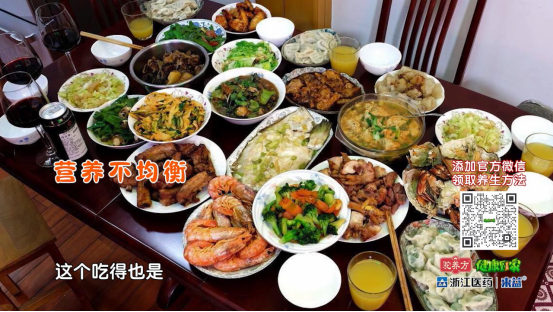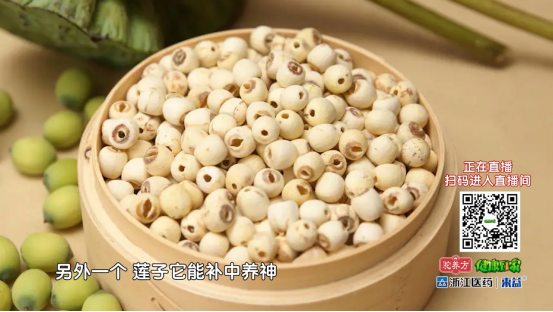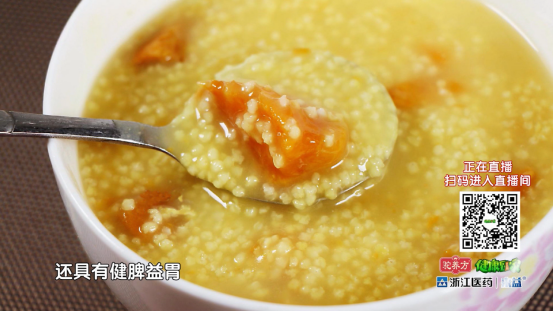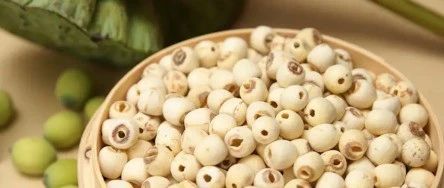Recently, with the drop in temperature, more and more people are experiencing symptoms of spleen and stomach discomfort, such as bloating, stomach pain, belching, and nausea. Many wonder if this is due to spleen and stomach deficiency cold?
In fact, spleen and stomach issues are quite complex. Traditional Chinese Medicine (TCM) emphasizes differentiation of syndromes and treatment. It is inaccurate to directly conclude that discomfort in the spleen and stomach is due to deficiency cold. How should we differentiate and treat? Today, let’s invite our old friend Professor Wang Yuying, Chief Physician at Beijing University of Chinese Medicine, to explain this to us!
Featured Expert▼ Wang Yuying
Wang Yuying
Beijing University of Chinese Medicine
Guoyi Hall TCM Clinic
Chief Physician Professor
1
Factors Leading to Spleen and Stomach Discomfort
1Inactivity
With the improvement of living standards and changes in lifestyle, more and more people dislike exercise, especially young people who spend all day in front of computers. TCM states that “the spleen governs the limbs,” suggesting that a strong spleen leads to well-developed limbs and robust muscles. Conversely, more physical activity can also help strengthen the spleen and stomach.

Currently, many foods consumed are highly processed, which may not be beneficial for the spleen and stomach. Excessively refined foods may seem to reduce the digestive burden on the spleen and stomach, but without proper exercise of digestive functions, the capabilities of the spleen and stomach may decline. In TCM terms, this is referred to as “use it or lose it.”

2Unbalanced Diet
Modern people enjoy a wealthy lifestyle, leading to a polarized diet. Some indulge in gourmet food, while others pursue extreme thinness through excessive dieting.

A long-term unbalanced diet not only leads to nutritional deficiencies but also seriously damages the function of the spleen and stomach, disrupting the body’s balance and ultimately leading to various diseases.
3High Mental Stress
The liver governs the smooth flow of qi and is closely related to the nerves and emotions, which can mutually influence each other. When one is in a good mood, the nerves are relaxed, and the liver’s function is normal, the qi can flow smoothly, helping to coordinate the rise and fall of the spleen and stomach, thus promoting digestion. However, high mental stress and poor mood can lead to liver qi invading the stomach or disharmony between the liver and spleen.
2
How to Eat for a Weak Spleen and Stomach
Many foods in daily life are not only rich in nutrients but also have the effect of strengthening the spleen and benefiting the stomach. People with spleen and stomach issues can regularly consume the following foods.
1Chinese Yam (Shan Yao)
Chinese yam is a food that serves both medicinal and dietary purposes. The Compendium of Materia Medica praises it as “beneficial without drawbacks.”
From a nutritional perspective, the starch-digesting enzymes in Chinese yam are three times that of radishes, which can promote the digestive system’s ability to digest food, stimulate intestinal peristalsis, and aid in bowel movements. Additionally, Chinese yam has the effect of tonifying the spleen and nourishing the stomach, and consuming it appropriately can enhance spleen and stomach function.

2Lotus Seeds (Lian Zi)
Lotus seeds are classified as a superior herb in The Divine Farmer’s Materia Medica, referred to as “lotus seed stem” and “water lily red,” noted for their sweet and neutral flavor, primarily used to tonify the middle and nourish the spirit, boost energy, and alleviate various ailments. Additionally, lotus seeds can tonify the spleen, stop diarrhea, and regulate the stomach, improving diarrhea caused by spleen deficiency.

3Millet (Xiao Mi)
Millet can both tonify the acquired essence of the spleen and stomach and the congenital essence of the kidneys. It is also high in B vitamins and dietary fiber. Cooking millet into porridge not only makes it easy to digest and absorb but also has the effect of strengthening the spleen, benefiting the stomach, and protecting the gastric mucosa. Those with spleen and stomach weakness, post-operative spleen deficiency, or women in postpartum confinement can consume it daily.

4Pumpkin (Nan Gua)
Pumpkin is warm in nature, sweet in taste, and has the effect of tonifying the middle, benefiting qi, and strengthening the spleen and stomach.

Pumpkin is an alkaline food that aids in digestion and detoxification. Additionally, the pectin in pumpkin protects the gastric mucosa, making it suitable for those with weak spleen and stomach to consume appropriately.
3
How to Differentiate Between Stomach Cold and Stomach Heat
1Main Symptoms of Stomach Cold:
Stomach pain relieved by pressure, preference for warmth and aversion to cold, disliking drinking water, pale tongue with white coating, loose stools, and some may experience diarrhea from eating fruit or drinking room temperature water.
2Main Symptoms of Stomach Heat:
Abdominal distension and pain, burning sensation in the stomach, dislike of pressure, foul breath, dry stools, red tongue with yellow coating, frequent belching.
November 1st, 7:15 AM11:00 PMChongqing Satellite TV “Health at Home”
Special guest: Professor Wang Yuying, Chief Physician at Beijing University of Chinese Medicine
Bringing you “Ancient Formulas for Modern Use – Regulating the Spleen and Stomach”
Follow the “Health at Home” public account
Follow renowned medical health practices
▼

 If you find this appealing, please click “See”↓↓.
If you find this appealing, please click “See”↓↓.

